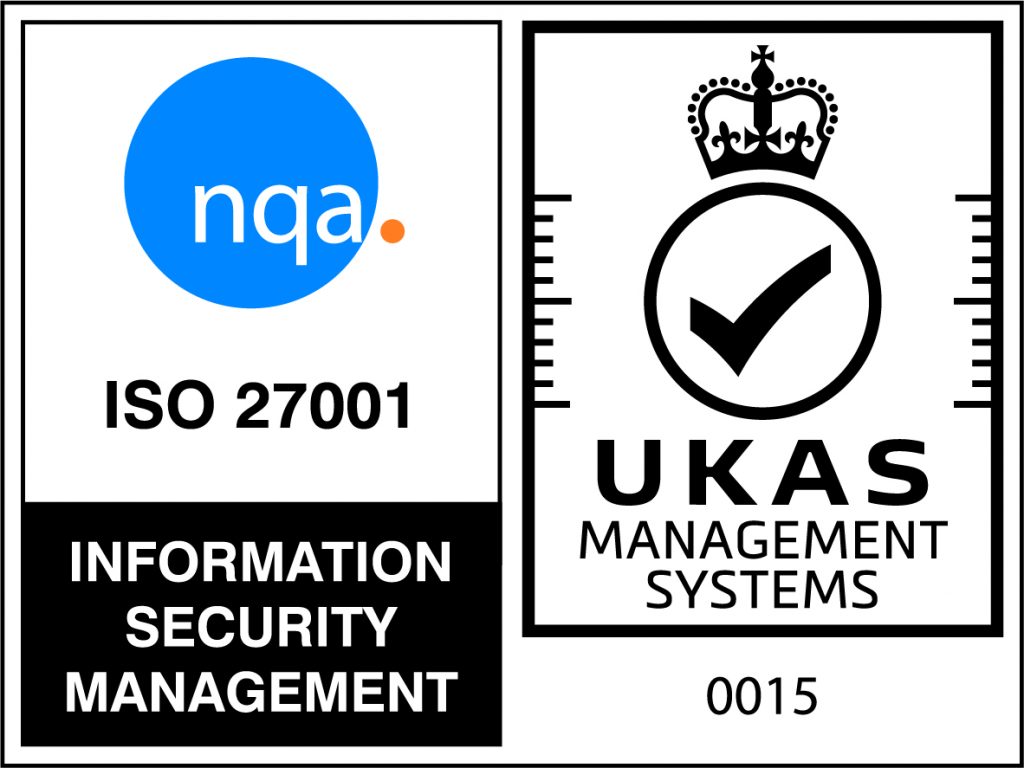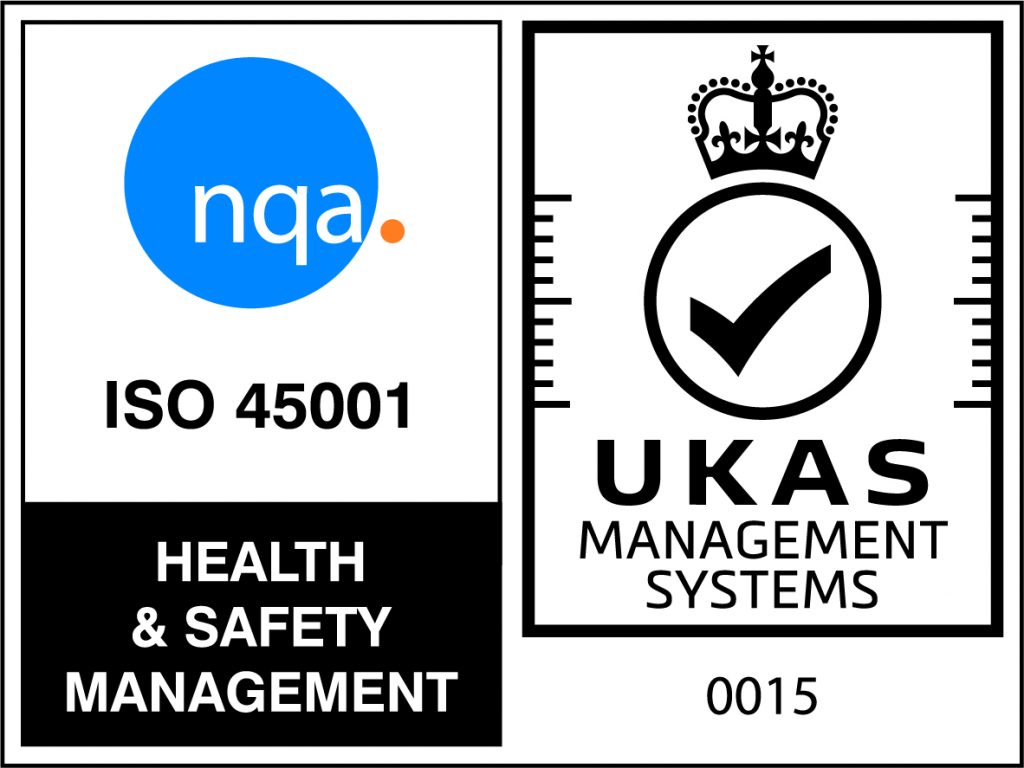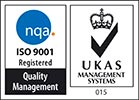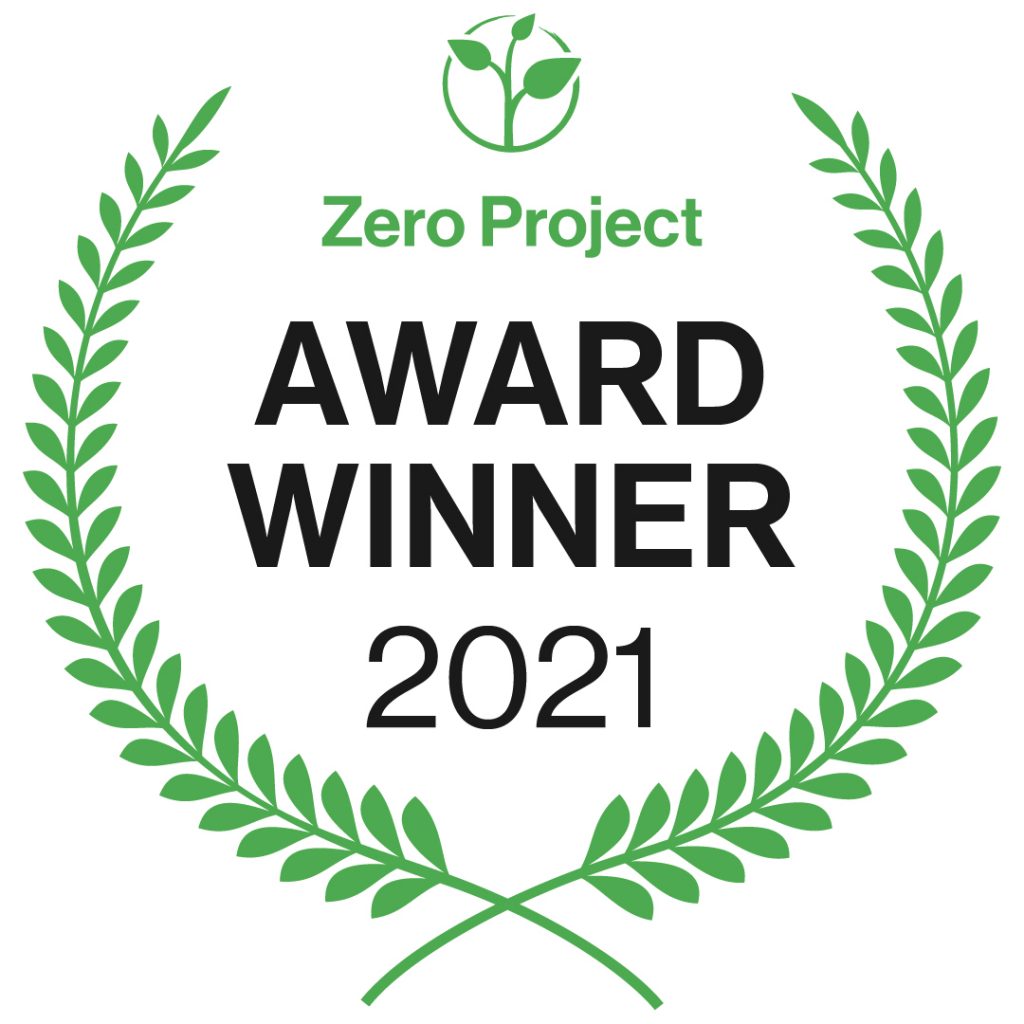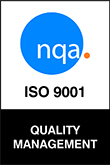Congratulations to Staffordshire Area Partnership for redesignation Youth Justice SEND Quality Lead Status with a Child First Commendation
The Staffordshire Area Partnership moves from strength to strength.
Staffordshire Youth Offending Service (SYOS) achieved Quality Lead Status following its submission in February 2018. The intervening period of time has seen SYOS fully embrace Child First and trauma-informed principles and practice, reflected in funded initiatives, multiagency working and targeted interventions supported by newly appointed ETE (Education Training and Employment) practitioners.
The ETE Practitioners now have an established presence in the County Education/SEND environment and have developed links with Pupil Referral Units, Schools, Colleges, Training Providers, and custodial establishments. It is important to note that system change and evolution of strengths-based, Child First practice in Staffordshire goes well beyond the SYOS.
The Triage process linked to OOCD (Out Of Court Disposals) combined with the work of the Prevention Team has matured and continues to develop. The output statistics for the prevention offer illustrate significant impact: through a rolling programme of support (with over 400 children starting preventative programmes in-year including over 230 still active by March 2022), only 2% went on to offend (within one year). Reoffending rates also continue to drop significantly.
However, it is the Area Partnership “ecology” in which SYOS operates that is particularly worthy of note, driven by a county-wide desire to identify SEND and complex needs early, and meet these needs in mainstream school provision. After trials in one locality, Staffordshire has rolled out a system of SEND Hubs across the county that aim to identify and support children to reach their full potential. These hubs have devolved funding, co-managed with and by Headteachers, and follow the Graduated Response model triggered by factors such as changes in behaviour or a drop in attendance. The “why?” question is asked, rather than the more common systemic drivers that lead to sanctions, punishment and exclusion.
The SYOS has instigated two programmes, working across the area SEND Hubs, which aim to support children remaining in school and not enter the criminal justice system:
The Sapling Project (started in late 2020/early 2021 from Building Resilient Families and Communities (BRFC) funding) works directly with 7—11-year-olds and their families in a restorative and holistic way. This work has not only targeted children at risk of exclusion: 54 Afghan refugee families were supported last year, and 2 parents were even supported into full-time employment.
The Vulnerable Adolescent Support Programme (VASP) aims to identify children and young people with complex and emerging needs early enough to instigate effective support plans. A holistic picture of cumulative disadvantage is developed, considering collisions of needs based on (for example) early indicators of neglect, domestic abuse, parental alcohol and substance misuse, bereavement and loss (including the incarceration of family members), and of course Children in Care and Care Leavers.
Identified children are matched with Mentors, and strengths-based approaches used to co-construct pathways into positive life outcomes.
A series of case studies were presented from the ETE Practitioners that clearly illustrated the cumulative positive impact on the life chances of extremely vulnerable and disadvantaged children in the County.
Well done Staffordshire! A brilliant achievement!

 Back to News
Back to News









